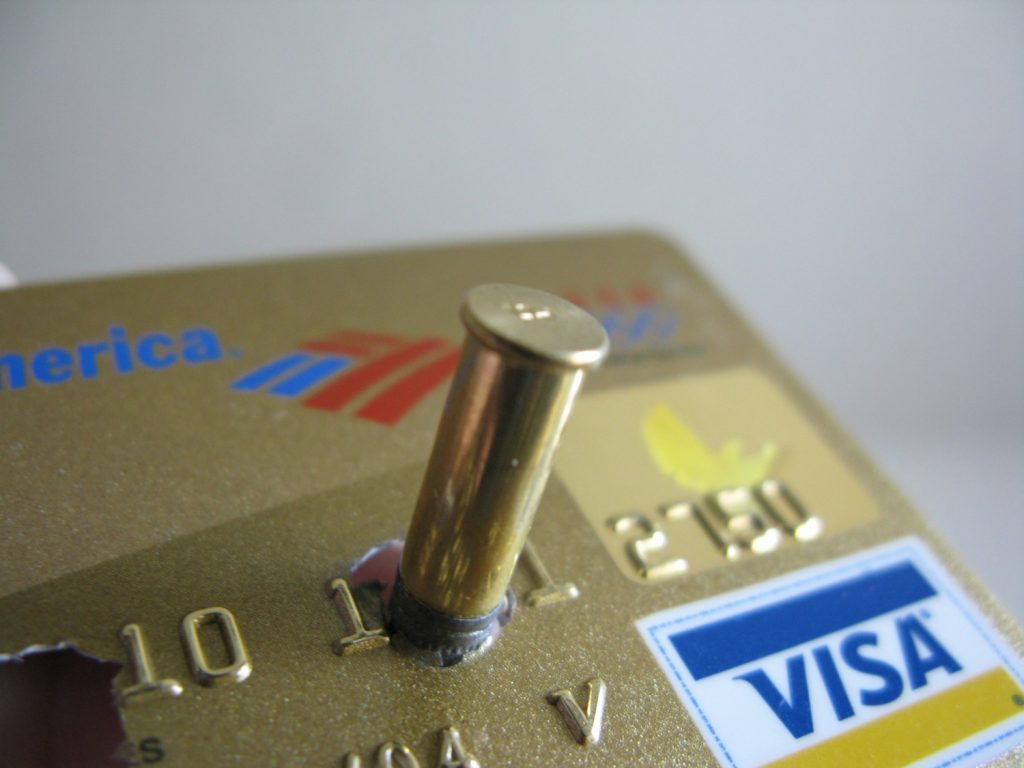The products and services mentioned below were selected independent of sales and advertising. However, Don't Waste Your Money may receive a small commission from the purchase of any products or services through an affiliate link to the retailer's website.
When it comes to money, most of us can agree on one thing: we all wish we had a little more of it.
Short of winning the lottery or learning you’re the secret heir to a large fortune, what can you do get more of the green stuff in your life? According to Holly Johnson, a finance writer and author of “Zero Down Your Debt,” the key to financial success is all in how you approach money.
Writing for The Simple Dollar, Johnson lays out a simple strategy for finally taking control of your finances. It’s called “zero-sum budgeting.”
If you’re the type that considers “budget” a dirty word, Johnson’s solution is more focused on a shift in priorities than on the use of spreadsheets or apps to track your every last penny.
Now that’s something we can get behind!
Here’s what you need to know about this easy way of reframing how you think about money.
1. Pay Yourself First
The cornerstone of Johnson’s plan is the idea that you should always “pay yourself first.”
What this means it that you pay your debt, savings and investments first, then live off the rest, instead of the other way around.
It’s easy to spend without thinking, and then at the end of the month, throw what little you have left at your credit card payment and savings account, if you have anything at all.
Johnson said this is exactly what she and her husband did before she discovered zero-sum budgeting and changed her priorities.
“When you pay yourself first, you don’t have as much money left over to waste. Your savings, investments and debt repayment obligations were paid already, so you’re forced to actually ‘live’ on the rest,” Johnson writes.
2. Try it as an experiment
One helpful way to look at zero-sum budgeting is to that you have to give every dollar a “job.”
By the end of the month, you want to “spend” every last dollar you brought in—but “spend” doesn’t mean go to the mall. In this context, it also means “spending” your income by putting it into a savings account or “spending” your money by using it to pay off debt.
If you don’t assign your money somewhere to go, chances are you are going to spend it, and probably on something unnecessary.
“The point of a zero-based budget is to make income minus the outgo equal zero. If you cover all your expenses during the month and have $500 left over, you aren’t done with the budget yet. You must tell that 500 bucks where to go. If you don’t, you lose the chance to make it work for you in the areas of getting out of debt, saving for an emergency, investing, paying off the house, or growing wealth. Tell every dollar where to go,” explains personal finance author Dave Ramsey.
If the prospect of zero-sum budgeting sounds too daunting to you, Johnson recommends giving the strategy a try for a short period of time, say a couple months, and see how it goes.
3. You might need to make some cuts
While zero-sum budgeting is based on the relatively simple principle that you treat debt, savings and investments as if they are bills that must be paid, it doesn’t mean it doesn’t come without its sacrifices.
In Johnson’s case, once she paid for the essentials, she realized she had to cut down on or eliminate luxuries like going out to eat and cable television in order to make the budget work.
4. It can help you get out of debt and save…at the same time
Many people assume that if they have debt to pay down, of course there’s no extra cash to be socked away for a rainy day. Johnson disagrees.
As part of her initial zero-sum budget, she allotted $1,000 to credit card payments and $250 to savings.
In this way, she and her husband were able to pay off their credit cards within six months while still building up a cushion.
She notes that they didn’t make any further credit card purchases during this time so that any money paid toward the cards lowered their balance.










